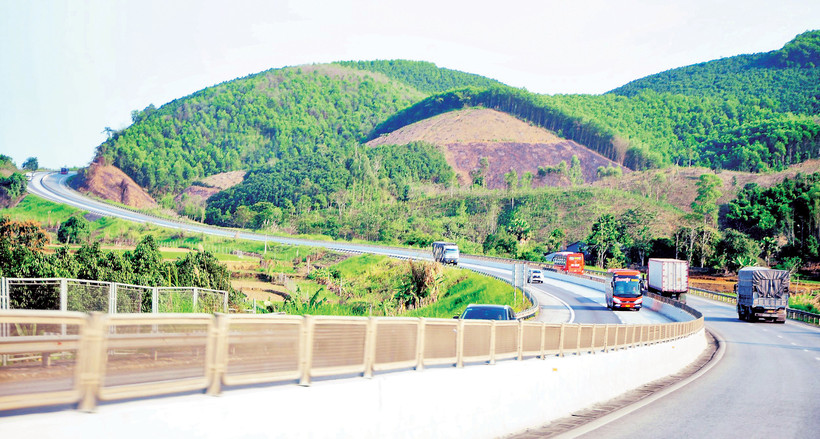
Decades-long bottleneck
The Northern midland and mountainous region is one of the six key economic regions, holding a strategic position in terms of national defense - security, ecology and inter-regional connectivity. Despite its large area, rich resources and diverse potential, the region remains a "lowland" for growth due to fragmented terrain, sparse population, backward production, weak infrastructure, limited transportation and slow economic restructuring.
One of the “bottlenecks” that prevents the region from developing its strengths is the underdeveloped transport infrastructure. For many years, the region’s transport system has been mainly district and commune level roads, without effective inter-regional connections. Key national highways such as National Highways 3, 37, and 2, although upgraded, have not yet met the increasing demand for freight and passenger transport. This makes localities in the region like “nearby neighbors”, greatly affecting the trade and investment promotion opportunities of the provinces in the region.
In addition, the infrastructure of electricity, water, telecommunications and public services is also lacking in synchronization. The indicators of education , health, human resource quality and people's living standards are all lower than the national average. The high poverty rate, low labor productivity, and economic structure leaning towards traditional agriculture and forestry have caused this area to lag behind in the process of industrialization and modernization.
The prolonged "lowland" situation has raised the urgent need for a comprehensive, synchronous and in-depth development strategy. In this situation, on February 10, 2022, the Politburo issued Resolution No. 11-NQ/TW on the direction of socio-economic development, ensuring national defense and security in the Northern midland and mountainous region until 2030, with a vision to 2045. The Resolution clearly defines the goal of striving for green, sustainable and comprehensive development of the Northern midland and mountainous region by 2030, on the basis of increasing investment in infrastructure connecting the region and the Red River Delta, Hanoi Capital.
Impressive results
Since having a clear strategic orientation, the midland and mountainous region of the North has made strong changes. Transport infrastructure has been invested synchronously with a series of large projects such as Noi Bai - Lao Cai highway, Tuyen Quang - Phu Tho highway, and belt roads connecting provinces with Hanoi. Railways and waterways have also been renovated and expanded, creating favorable conditions for trade and economic development.
Notably, according to Resolution 11-NQ/TW of the Politburo, 33 important infrastructure projects for the midland and mountainous regions of the North have been studied and implemented. As of May 2024, three projects have been completed and 15 projects are under implementation.
Specifically, three completed projects are Tuyen Quang - Phu Tho expressway connecting with Noi Bai - Lao Cai expressway; Doan Hung - Phu Tho route; upgrading Dien Bien Airport. Among the 15 projects being implemented are Tuyen Quang - Ha Giang expressway (now Tuyen Quang); Dong Dang - Tra Linh expressway, Huu Nghi - Chi Lang expressway; Hoa Lac - Hoa Binh - Moc Chau expressway (connecting Hanoi, Phu Tho, Son La)... The remaining 15 projects in the Action Program are being studied by ministries, branches and localities for implementation in the coming time.
In general, the region's GRDP growth in 2024 is estimated at 9.11%, the highest in the country. The region's GRDP per capita is also about 76 million VND/person. One of the localities leading the transformation process is Thai Nguyen. The province has attracted a series of large FDI projects, especially in the electronics industry, with the presence of large international corporations. In the first nine months of 2024 alone, the economic growth (GRDP) of Thai Nguyen province reached 5.56% (higher than the 4.35% in the same period in 2023). Other localities such as Lao Cai, Son La, Tuyen Quang... not only develop industry and agriculture but also focus on eco-tourism, culture and services. Urban infrastructure has been improved, people's lives have been raised, the poverty rate has decreased sharply, creating a new look for the whole region.
The transformation of the midland and mountainous region of the North shows the correct policy of the State in “hitting” the great potential of the region that was once considered a “lowland”. With the current development momentum, the region is gradually becoming a “new growth plateau”, a convergence of modern industry, agriculture and civilized urban areas.
Source: https://nhandan.vn/buoc-chuyen-manh-me-tu-ha-tang-post900629.html



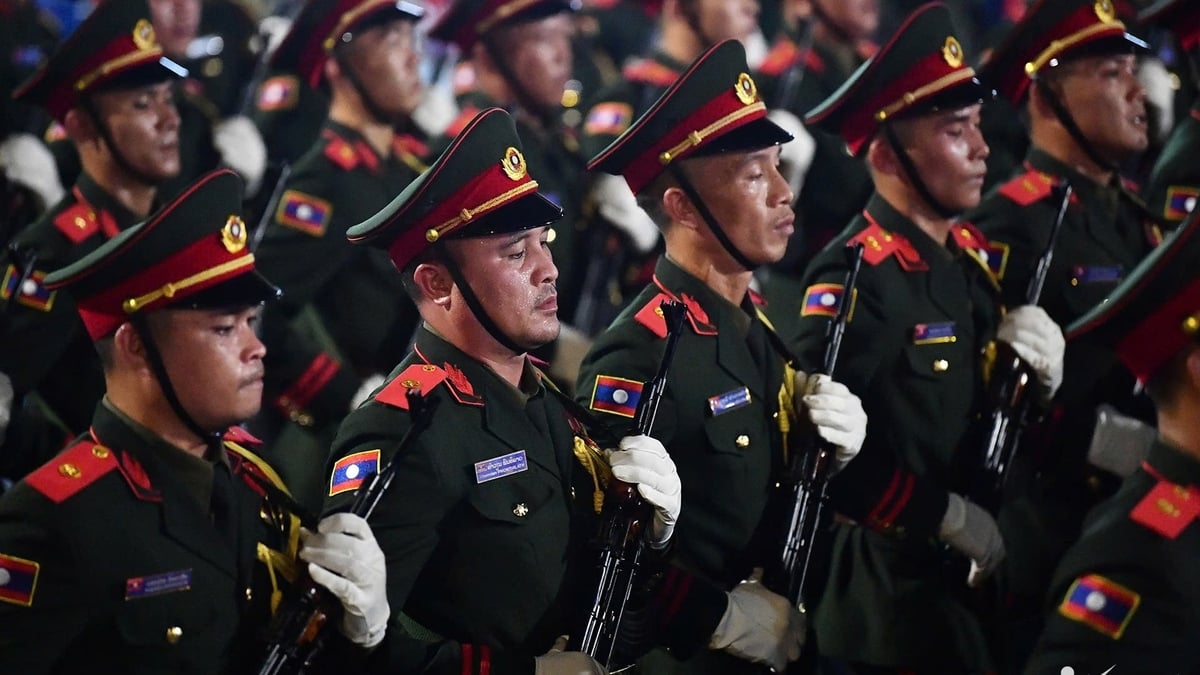
![[Photo] Parade blocks pass through Hang Khay-Trang Tien during the preliminary rehearsal](https://vphoto.vietnam.vn/thumb/1200x675/vietnam/resource/IMAGE/2025/8/27/456962fff72d40269327ac1d01426969)
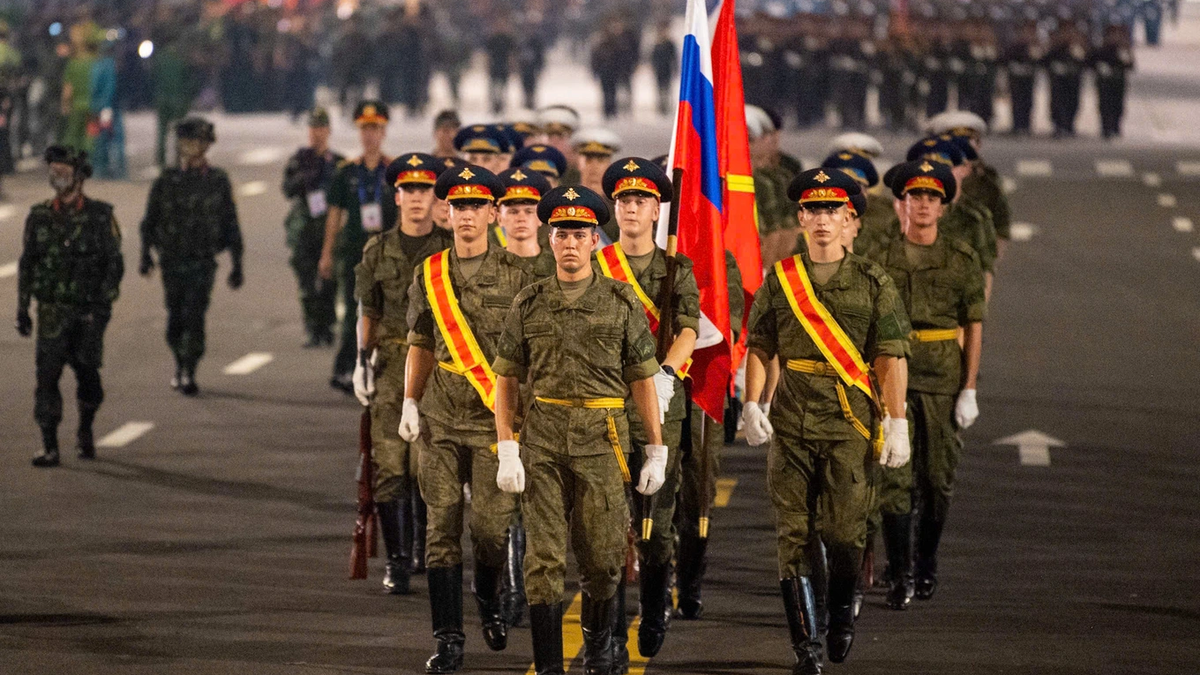
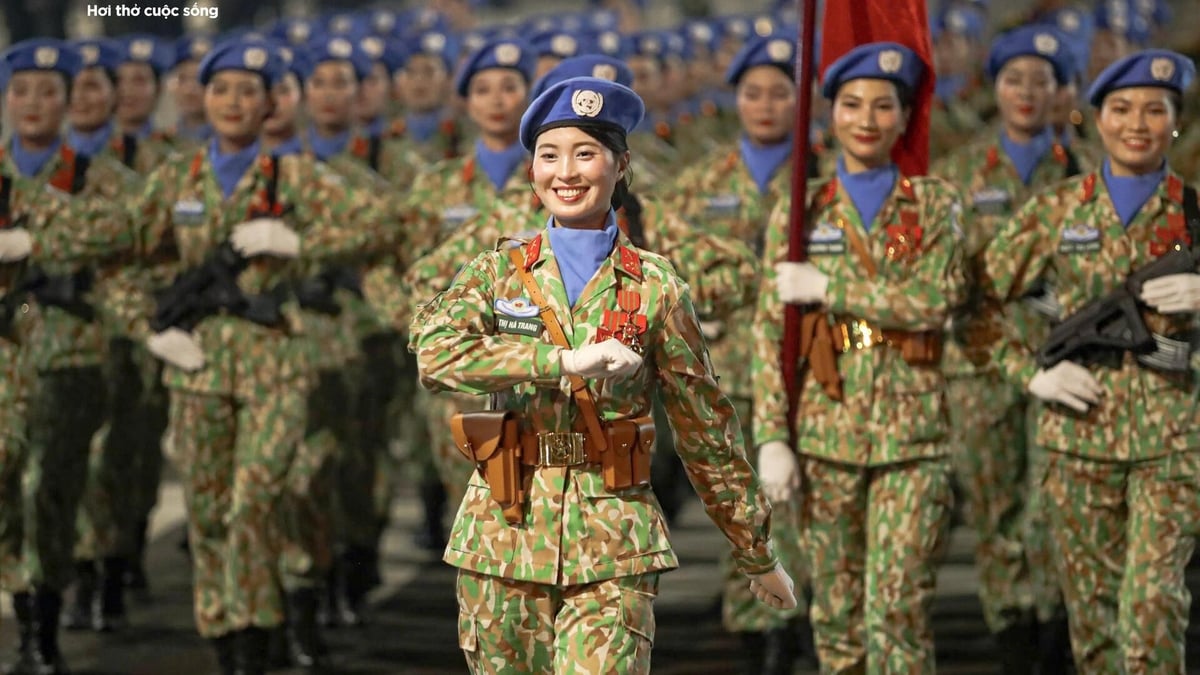
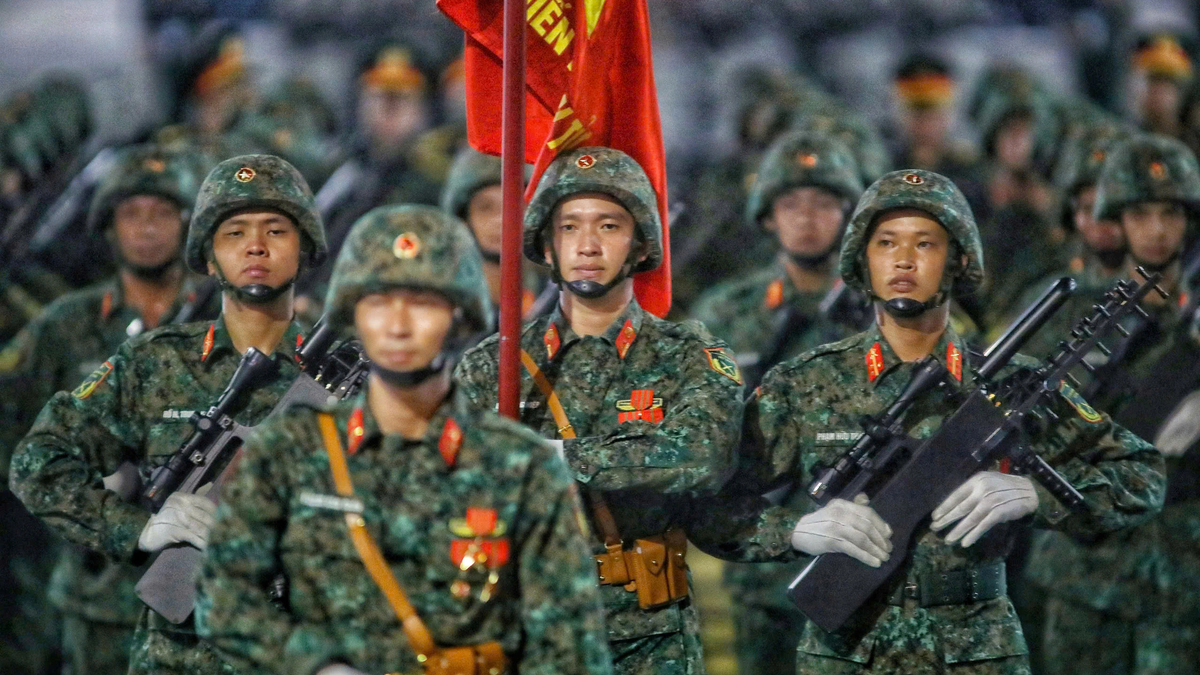
![[Photo] Images of the State-level preliminary rehearsal of the military parade at Ba Dinh Square](https://vphoto.vietnam.vn/thumb/1200x675/vietnam/resource/IMAGE/2025/8/27/807e4479c81f408ca16b916ba381b667)
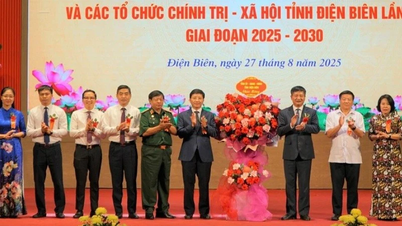
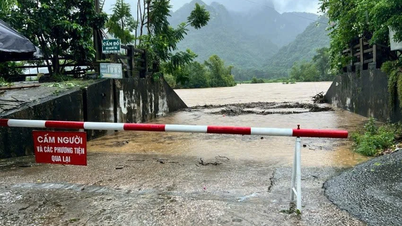
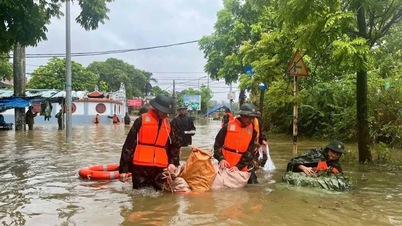
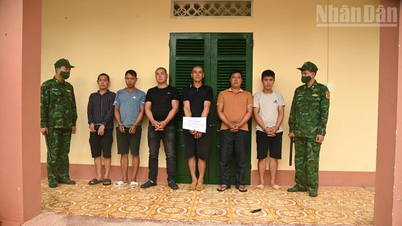
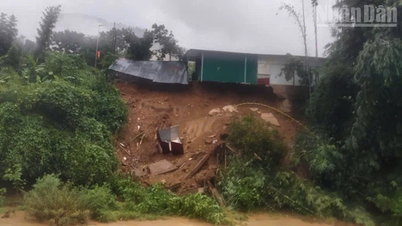
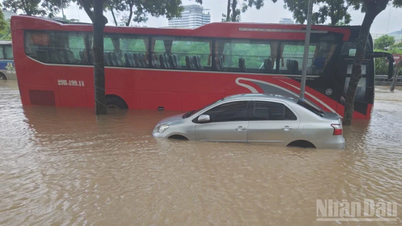




![[Photo] Images of the State-level preliminary rehearsal of the military parade at Ba Dinh Square](https://vphoto.vietnam.vn/thumb/402x226/vietnam/resource/IMAGE/2025/8/27/807e4479c81f408ca16b916ba381b667)
![[Photo] Parade blocks pass through Hang Khay-Trang Tien during the preliminary rehearsal](https://vphoto.vietnam.vn/thumb/402x226/vietnam/resource/IMAGE/2025/8/27/456962fff72d40269327ac1d01426969)



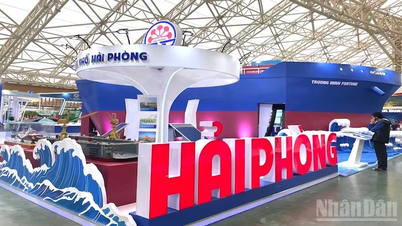
























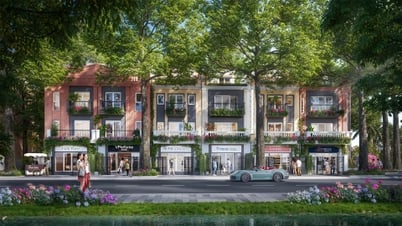
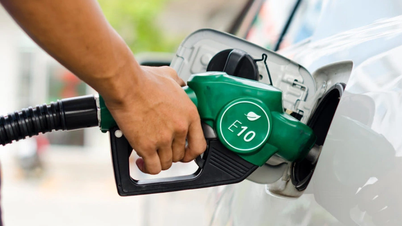


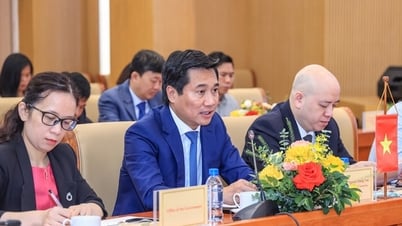





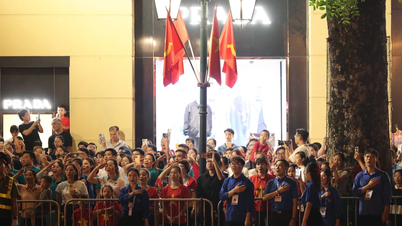

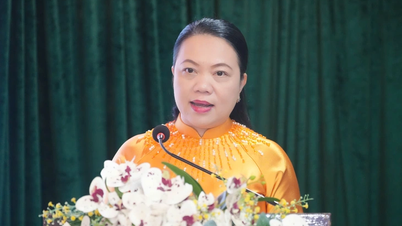
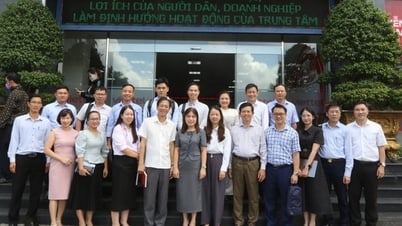



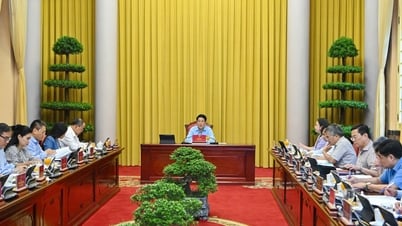

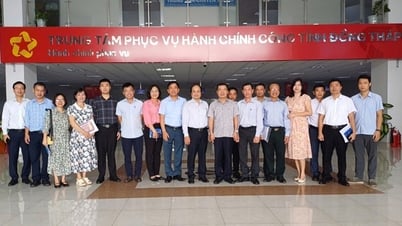
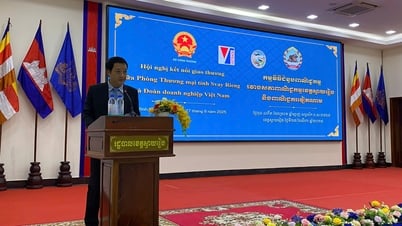






















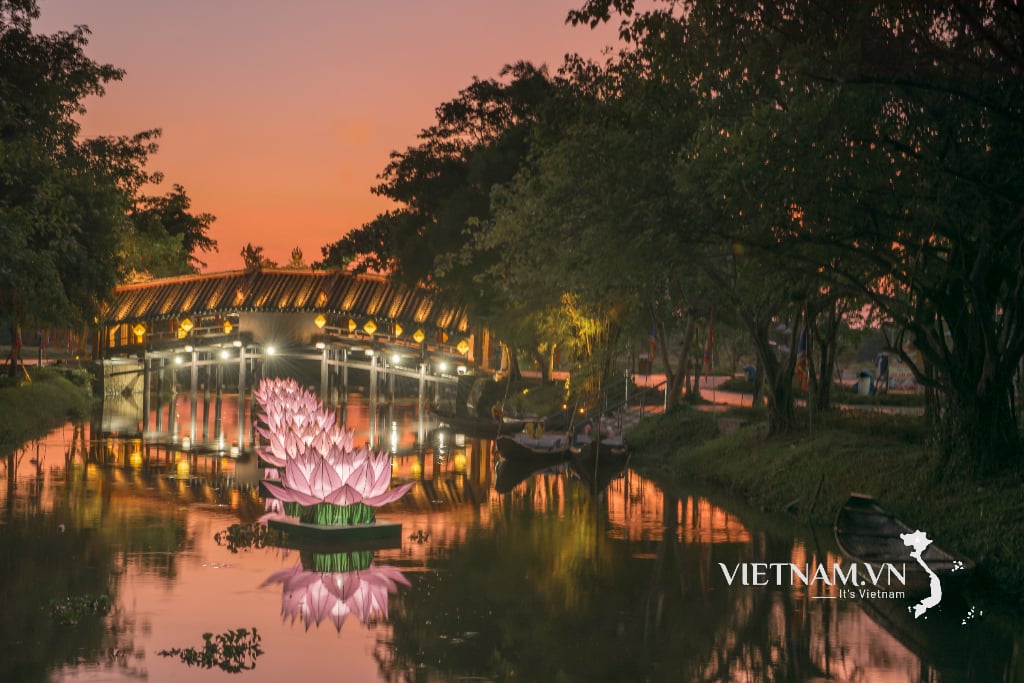
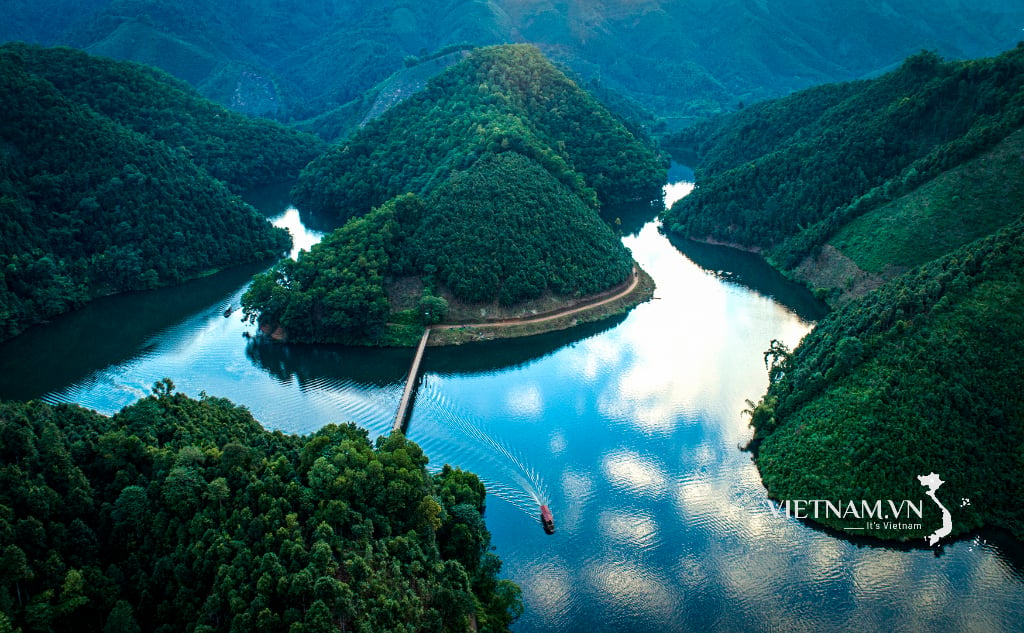
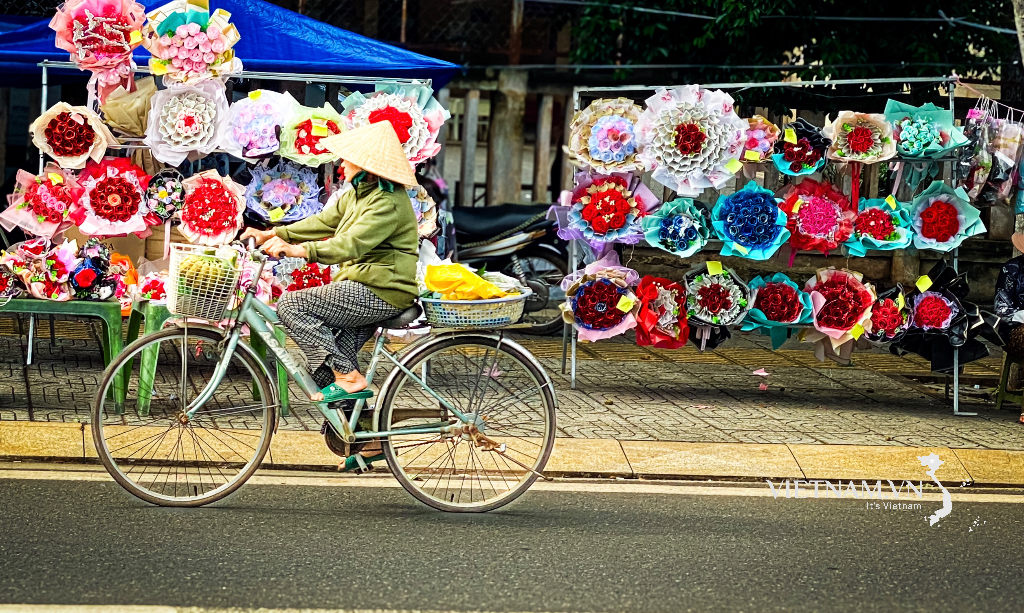
Comment (0)